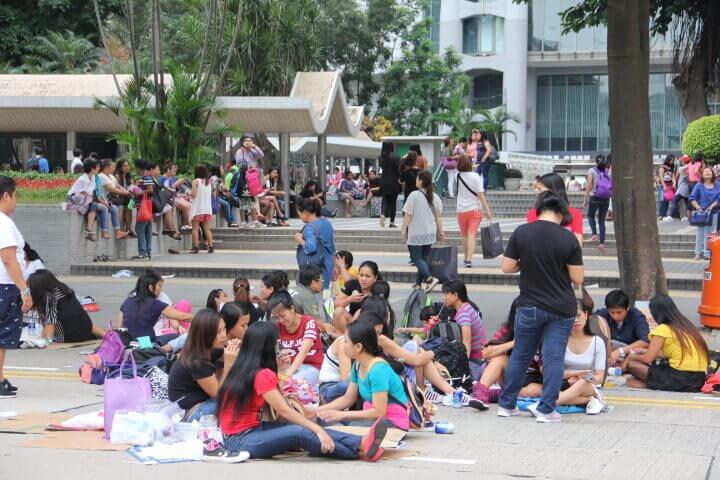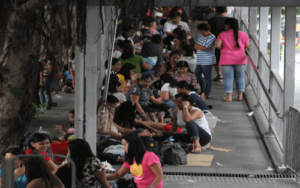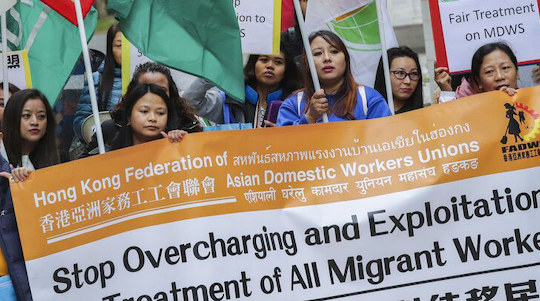
Times have changed, and so have careers. Never before has domestic employment been treated with such importance like it is today. There was time when domestic employees were never recognized. However, that time is long gone and we hope that maid rights will continue to improve. Domestic employment has also come to the fore, with the emergence of formalized job placement, something that never existed before. In Hong Kong or Singapore, job categorization resulted in a dilemma for both employers and employees. It has been a challenge to find a conventional title for domestic employees involved with household jobs like cooking, cleaning and washing, among others. In the current dispensation, a lot of people become too busy to find time for domestic chores! Women seeking domestic employment to do such jobs as baby sitting, children care, cooking, cleaning etc, have become vital members of middle class to affluent households in many parts of the world. Asia (in Hong Kong, foreign domestic helpers are about 10 percent of the working population) or the Middle East being no exception. But how rightly should they be referred to? Many employers are at a loss about how legally and formally to treat them. What is the most respectful term? Is maid the best term? Or is it foreign domestic helper? Or domestic worker? In the days gone by, maid was the most widely used term. Those were the days of ignorance and lack structured government policy to cater for the welfare of domestic workers. Today, governments around the world have had to adopt policies protecting the rights of domestic workers. As such, formal terms have been set by different governments in recognition and protection of housemaids. However, various governments refer to them differently, depending on the geographical location, whether in Asia, Middle East or the West.
Domestic Helpers are Working around the World

Asia and the Middle East have become very lucrative for those in search of domestic jobs, especially those who wish to work as house helps. This could be due to the flourishing economies in these regions. In some countries in the Middle East, they are categorized as Domestic workers, while in others, they are called domestic helps. The surge in foreign maids in the region has triggered precipitated wanton abuse, prompting activists to intervene and call for sustainable international action for protection of the domestic workers. Widespread outcry of abuse, coupled with low wages have forced some countries to ban their citizens from traveling to some countries. Especially those in the middle East in search of domestic employment. This has often precipitated frosty relations between countries. Yet the need for these employees is on the rise. It is also fueled by rising unemployment in the source countries. In Western countries, domestic workers are treated like all other workers and their benefits embedded in constitutional frameworks. That is why a maid in Australia earns more than US$2,000, many times better than one working in HongKong earning US$560. The disparity is huge. Despite the lucrative pay in the West, travel restrictions have made it difficult for those in need of the jobs to access them. Most of them prefer the East due to the ease of travel and access.
Foreign Domestic Worker or Maid, treat them as a Part of our Families
As for which name is appropriate, it all depends on the country in which you live. The policies of your country spell out clearly the regulations for which the rights of domestic workers are enshrined. Some countries have had to enter into bipartite partnerships to tame the abuse of househelps, who are also rightly referred to as house managers in some countries. More than a job title, the most important is probably to just treat foreign domestic helpers like a part of our families.



